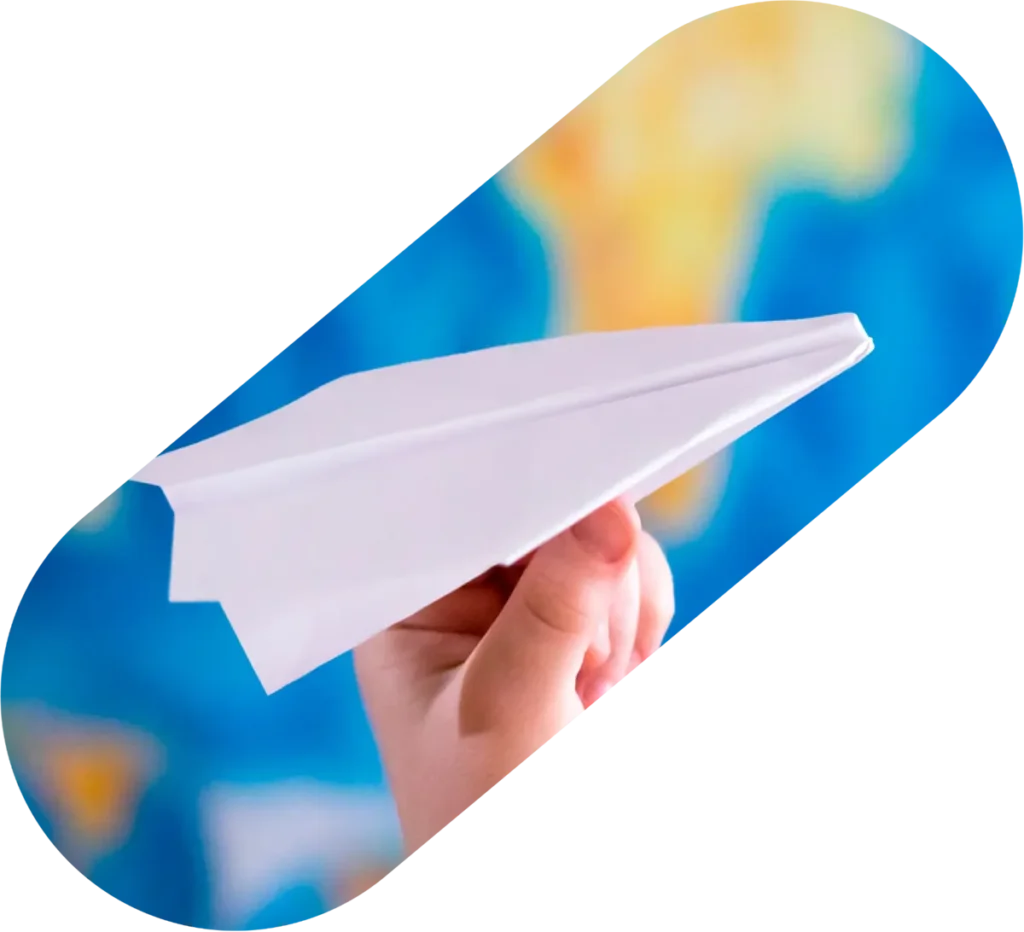While many see dart boards in smoky, darkened pubs, Flight Club aims to bring Social Darts to the masses with upscale, imaginative cuisine and whimsical spaces. The venues are designed with the origin of darts in mind—classic Victorian fairgrounds in England.

A Look Inside Flight Club
“In 2012, co-founders Steve Moore and Paul Barham were catching up in a Devon pub where a young crowd was going crazy over a game on the dartboard in a corner,” Alan Cichon, U.S. President of State of Play Hospitality (Flight Club’s parent company) told us. “It wasn’t like traditional darts; it was loud, fast, and exciting – and they saw an opportunity to deliver a social experience that hadn’t been seen anywhere else. From there, they worked to develop the Flight Club concept, games, experience and patented technology. In 2018, they joined forces with State of Play Hospitality to bring Flight Club to North America, and the concept quickly took off, becoming a must-experience entertainment destination.”
In addition to the locations in America (Chicago, Boston and Houston, with three new locations in Las Vegas, Denver, Atlanta, and Philadelphia) Flight Club has numerous venues in the U.K. and throughout London. “The technology, design aesthetic, and overall amazing experience are the same,” Cichon explained.

“However, we really customize each venue to make it unique to the market in which it is located. You will always know you are in a Flight Club, but no two are exactly the same. A lot of care and attention to detail goes into ensuring each venue feels like a unique experience while remaining consistent with our guest’s expectations of us.”
Part of each venue theming is the collection of handpicked art at each location which is carefully curated. “This is done in collaboration with our designers Red Engine in the U.K.,” Cichon told us. “They have an entire department of people who source and produce all of the art and artifacts that match the design and layout of our venues. It involves combing through a lot of antique stores and finding old oil paintings, interesting statues, antique darts memorabilia, and more.”

Each location also takes into consideration its home city in the design. “Every venue is given some of what we call “local flair” to make every experience unique. That includes some local menu items and interior design choices inspired by the history of the city we are in, and to add a little more flair, all of our venues feature a hand-painted mural that is always inspired by the location.”
The art and design aren’t the only aspects that are unique to each location. Certain menu items are also specific to each venue. “We love creating unique items inspired by the locations we are in. For instance, in Chicago, we have an Italian Beef Flatbread, and Falafel Bites currently on our Happy Hour menu,” Cichon told us.
“In Boston, we feature a Duck Confit Flatbread and calamari, and we even snuck in some lobster rolls on our events menu; how could we not? For Houston, we leaned into some of the city’s favorite flavors with our BBQ Chicken Flatbread, Queso & Chips, and Candied Smoked Salmon dip (watch out, this one has jalapeno in it!). We are getting very creative with our elevated local offerings in Las Vegas and can’t wait to share those soon.”

Unlike the traditional dart boards, you might be familiar with, the boards at Flight Club utilize specific technology in order to ensure accuracy when scoring the games. “A common mistake people make is they assume we have sensors behind the board, similar to what you see in other bar dart games. However, that is not the case for Flight Club,” Cichon explained.
“The board is a standard, professional Unicorn Sisal Fiber Dartboard, and the darts are real, steel-tipped darts. Instead of sensors, we use a cutting-edge, proprietary vision tracking system that tracks the darts and is extremely accurate. This technology makes the experience very seamless for our guests. Guests will simply sign into the game, and a screen above the board will walk them through each game offering; and as they play, the system will do all the math for them, so no one has to worry about calculating scores. The technology was developed by an astrophysicist named Dr. Jason Dale. He holds a computer vision Ph.D. and has done projects in the past for NASA and DARPA before joining the team that developed Flight Club.”

